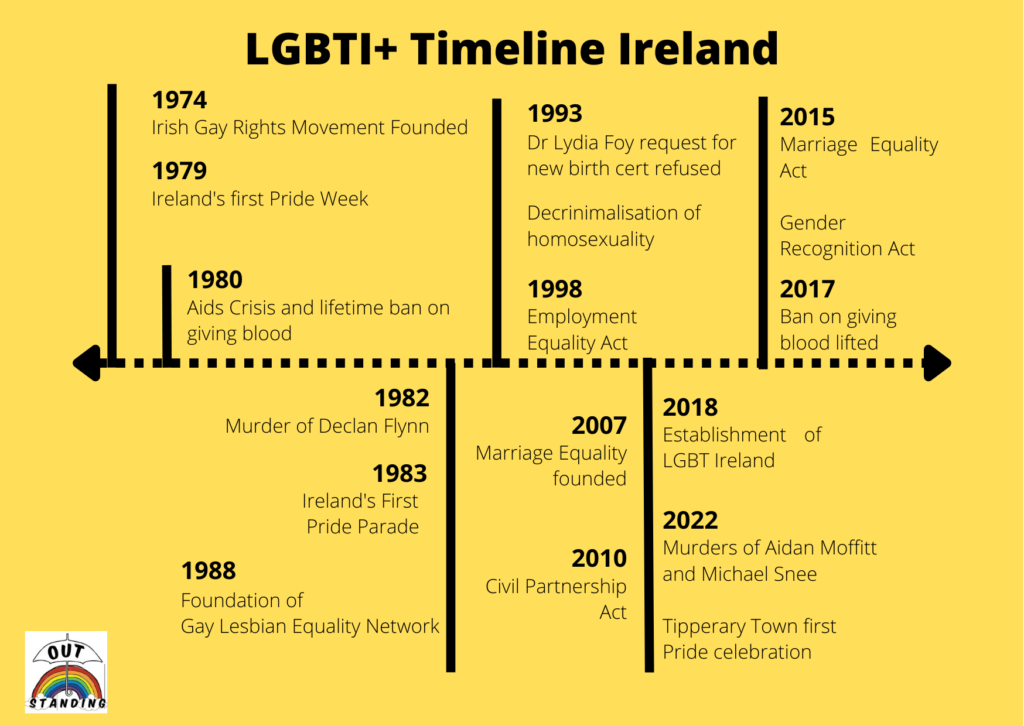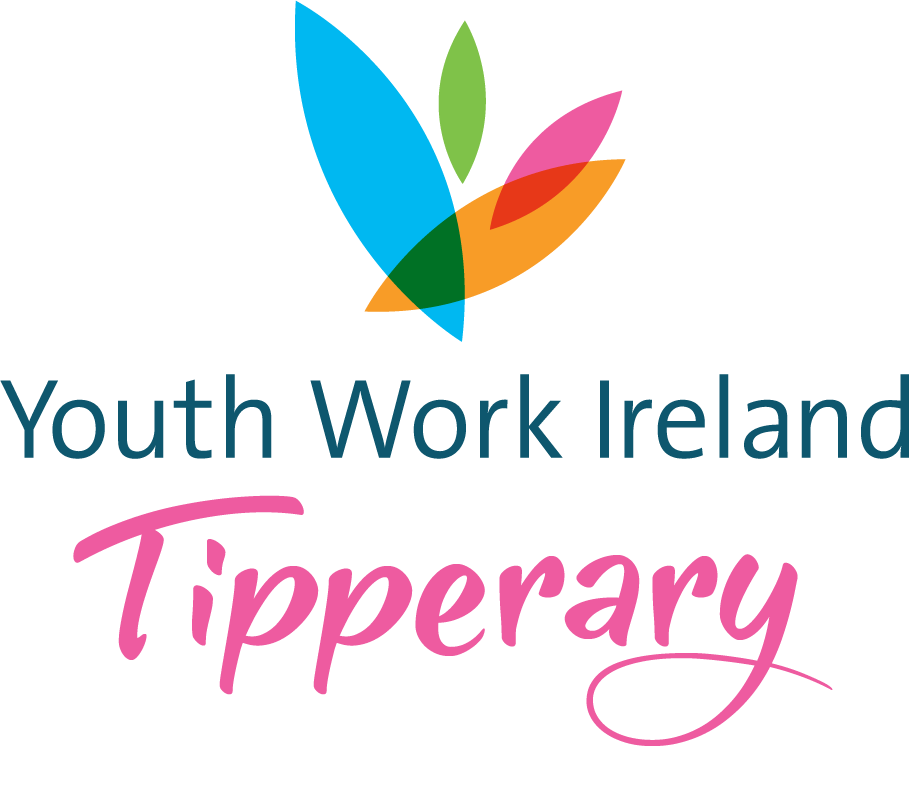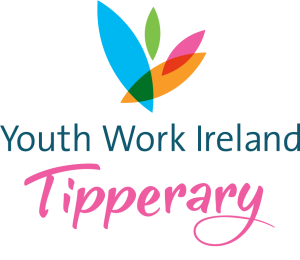
“In the space of a generation, Ireland has come a long way in going from a country that was overwhelmingly conservative toward LGBTQ+ issues to becoming far more liberal in laws and attitudes, thanks to heroes of the community who have fought long and hard for this. Although the work is far from finished, here are some of the main milestones in LGBTQ+ rights throughout the years.
1861 – Offences Against the Persons Act
Laws in Ireland history again homosexuality dated back to the Victorian era and started that “buggery”, male to male sexual acts, were punishable by the death penalty. In 1861 the Offences Against the Person Act was updated and streamlined which abolished the death penalty for such acts but it restated its illegality and the punishment was instead life imprisonment.
1970s – Social movement begins
A number of Irish gay civil rights movements are established including the Irish Gay Rights Movement chaired by David Norris. In 1975 David Norris appeared on ‘Last House’ in what is believed to be the first interview with an openly gay person on RTÉ Television. His first sentence was to state that homosexuals were not sick people…but were subject to head colds and influenza as other are.
At the time Ireland was the only sovereign EEC country to still retain criminal sanctions in law against homosexuality and two years after this interview Norris began legal proceedings to overthrow this law.
1982 – Declan Flynn murder
Declan Flynn was murdered in Dublin’s Fairview Park because he was gay. To read more about this click here Declan Flynn: The Fairview Park murder that ignited the Irish Pride movement • GCN
1983 – Ireland’s First Pride Parade
On the 19th of March 1983, LGBQT+ people marched in protest from Liberty Hall to Fairview. It was a response to the ruling of the tragic death of Declan Fylnn who was beaten to death for being gay which highlighted and accelerated the Pride movement in Ireland.
Later that year in June was week-long schedule of celebrations and protest. Although the first Gay Pride Week events had been held years before in 1979, the first Pride parade was held this year and it has gone from strength to strength since.
1988 – Norris vs Ireland
A 14 year legal battle by Senator David Norris against the Irish state came to an end in October 1988, when The European Court of Human Rights rules that Irish laws penalising male homosexual behaviour had breached the European Convention on Human Rights. This verdict paved the way for future changes to decriminalise in Ireland.
1993 – The Decriminalisation of Homosexuality in Ireland
Following a lengthy campaign, on the 24th of June 1993, came the decriminalisation of homosexuality in Ireland. Minister for Justice Máire Geoghegan-Quinn said the move would allow gay people to “express themselves in personal relationships without the fear of being branded… as criminals.”
It was a watershed moment for the LGBTQ+ community in Ireland.
1997 – The Fight for Gender Recognition
In April 1997 Dr. Lydia Foy begins legal proceedings in the High Court after being rejected a new birth certificate and legal recognition of her female gender in 1993 and several years of fruitless correspondence. At this time Ireland had no provision for legal recognition of transgender people in their true gender.
2010 – Civil Partnership Act
A civil partnership bill passes through cabinet that grants same-sex couples some of the same rights as married couples. And although the bill was cautiously welcomed it still left a lot of inequality particularly when it came to children and adoption.
May 2015 – Marriage Equality referendum
Following a historical referendum which amended the Constitution of Ireland, Ireland became the first country in the world to bring in same-sex marriage by a popular vote. The result was described as a social revolution and expression of decency.
Funnily enough, in the efforts to legalise same-sex marriage the government came close to potentially making heterosexual marriage unconstitutional due to the translation of the Irish language version of the law. When translated back to English it originally read that “A couple may, whether they are men or women, make a contract of marriage in accordance with law.”. There were concerns that this could be interpreted as meaning that only men and only women could marry one another and the wording was changed before the referendum took place.
July 2015 – Gender Recognition Act
Following landmark legal proceedings, taken by Dr. Lydia Foy, and recommendation from the Gender Recognition Advisory Group set up in 2010, The Gender Recognition Act was passed on 15 July 2015.
The act enabled trans people to achieve full legal recognition of their preferred gender. The first Gender Recognition Certificate was issued to Lydia Foy and she finally obtained the birth certificate showing her female gender that she had first requested 22 years earlier.
2021 – Same Sex couple recognised as co-parents from birth
After the final sections of the Children and Family Relationships Act 2015 were enacted in 2020, Niamh O’Sullivan and Geraldine Rea became the first same-sex couple in Ireland to have both their names registered on the official birth certificates of their twin baby girls.
Today – What’s still to be achieved?
So we’ve seen where we’ve come from but where have we left to go?
Many children of LGBT+ parents in Ireland are still denied the right to have a legally recognised relationship with both of their parents including children born to male parents and children born via surrogacy. And there are calls on the Government to amend the Children and Family Relationships Act.
Groups like TENI, are still advocating for the inclusion of young, intersex and non-binary people in the Gender Recognition Act as well as better access to healthcare for all trans people.
While in March 2018 a bill was introduced to ban conversion therapy on LGBT people it’s still sitting in the early committee stages in the Seanad, so the practice is currently still legal.”
This timeline comes from an RTE piece which can be accessed by link below. There is also a short video from a series of Queer History Lessons which RTE produced and is presented by comedian Shane Daniel Byrne.
Queer History Lesson: LGBTQ+ rights in Ireland (rte.ie)
Unfortunately, the LGBTI+ community has recently been subject to an increase in homophobic attacks. This April, 2022 the murder of two men in Sligo and brutal attacks on other men because they were gay has rocked the community. If you or anyone you know has been attached either physically or verbally because of your sexual orientation or gender identity, please click on the link below for some helpful information.


